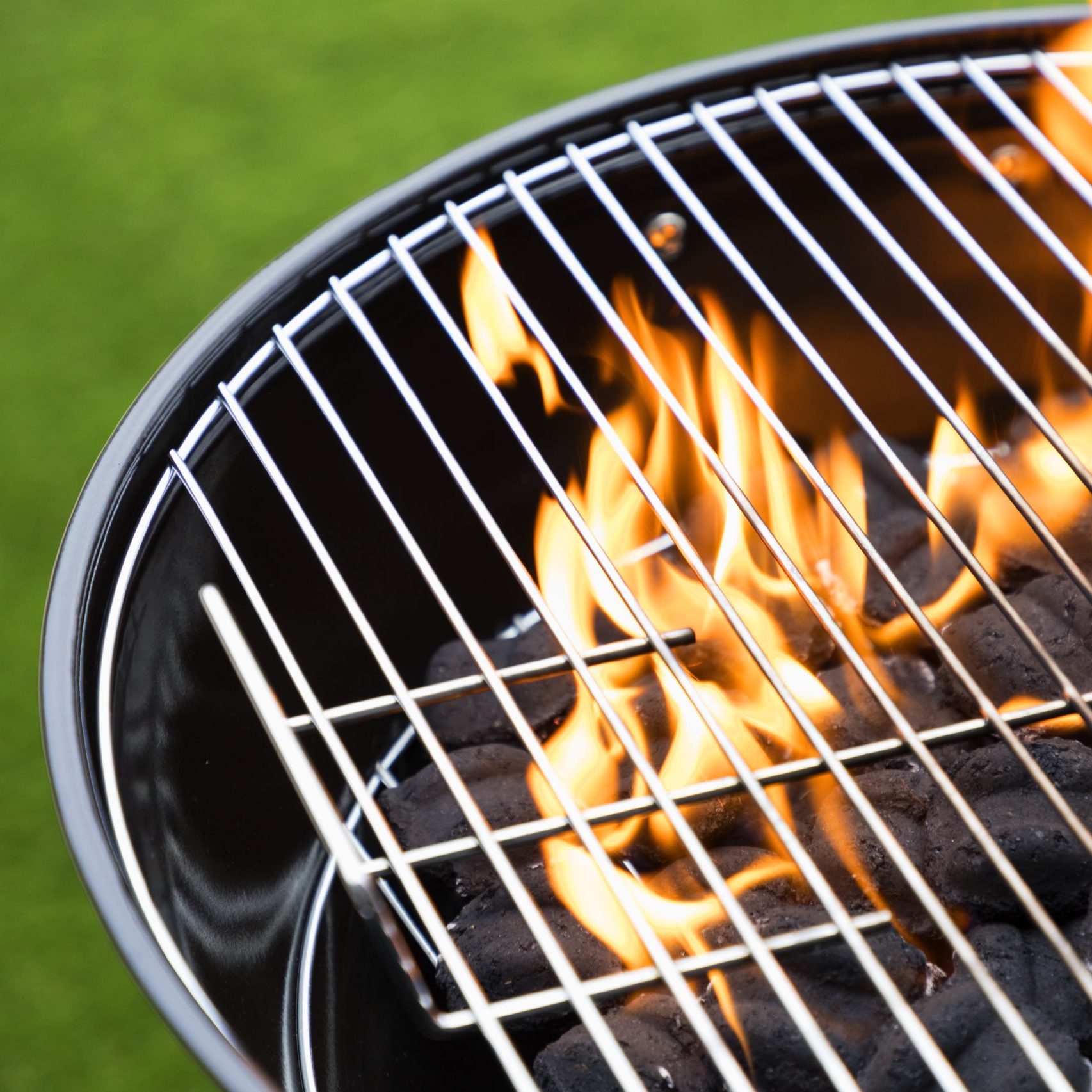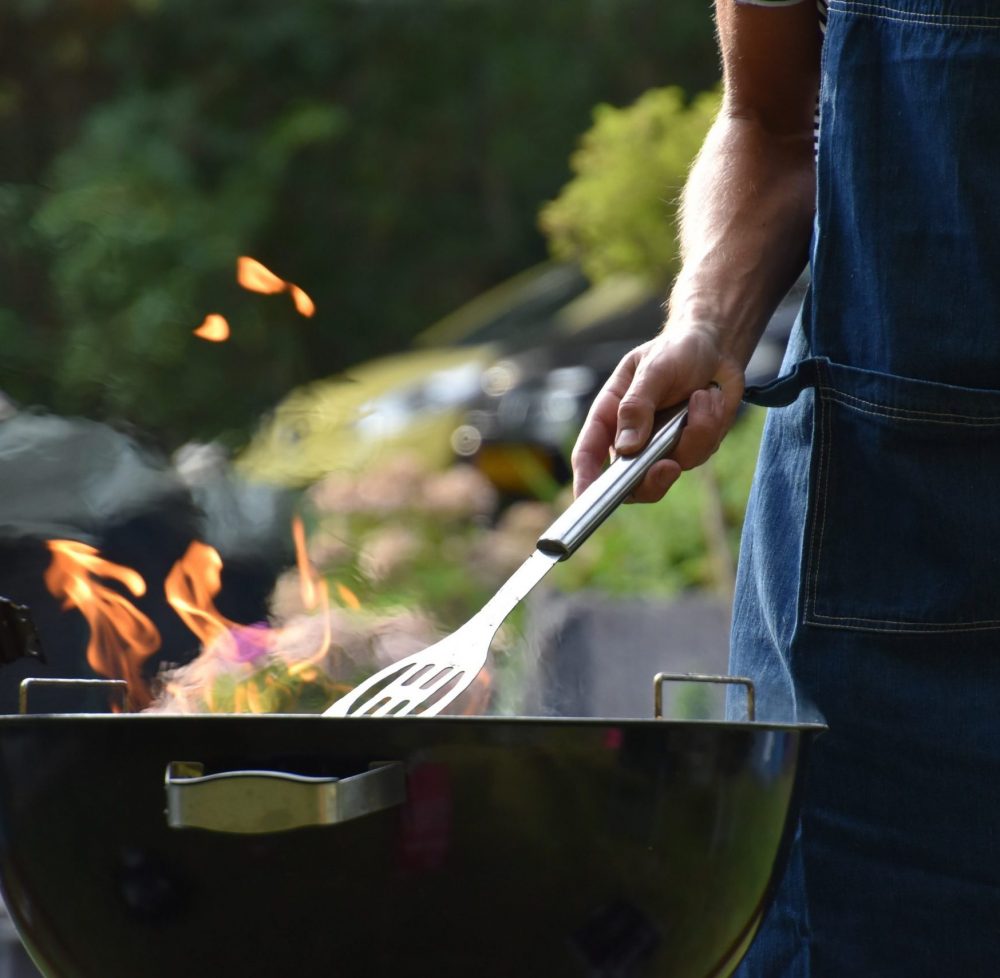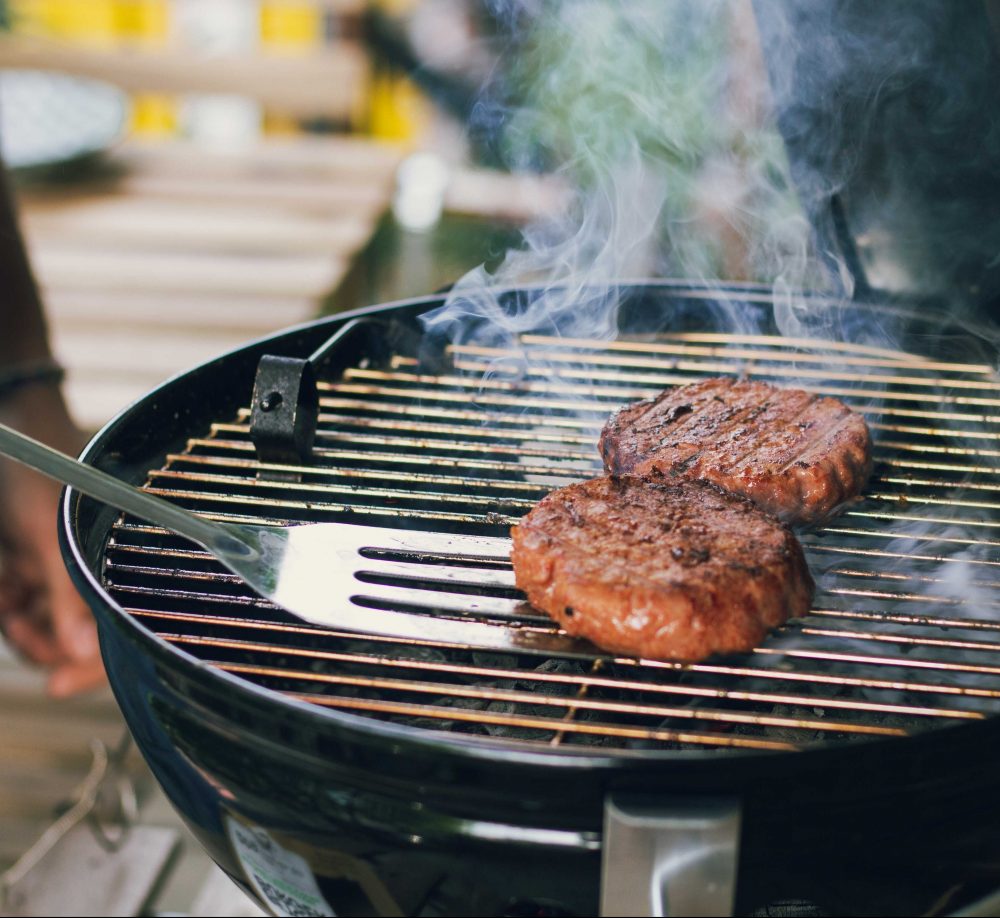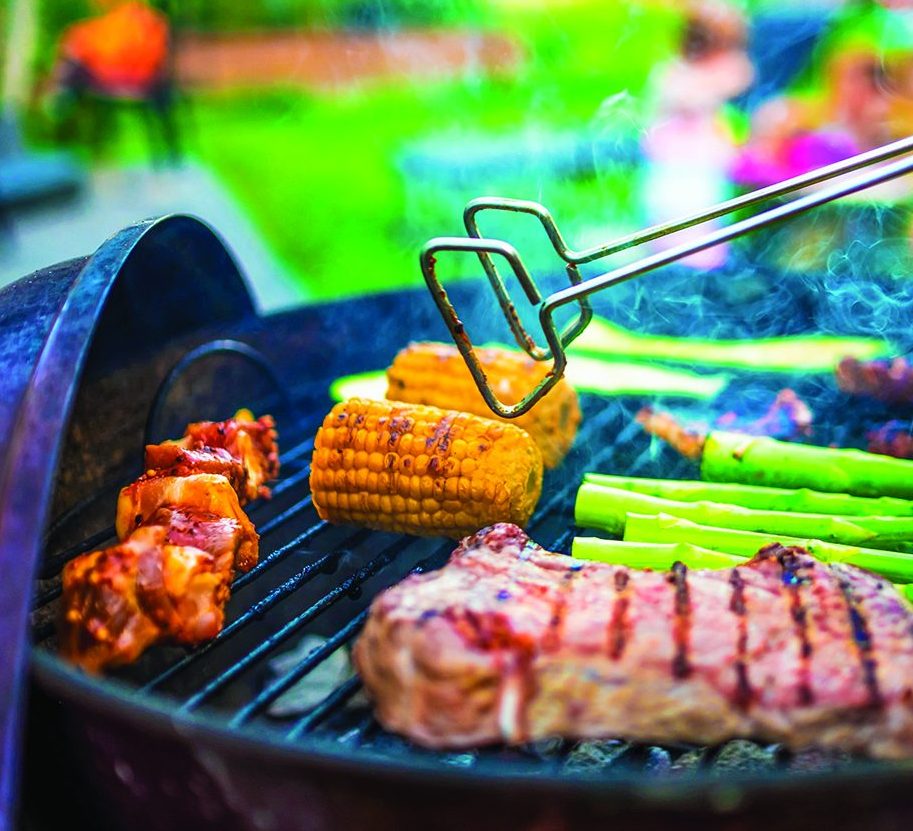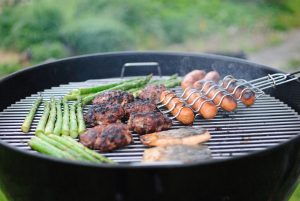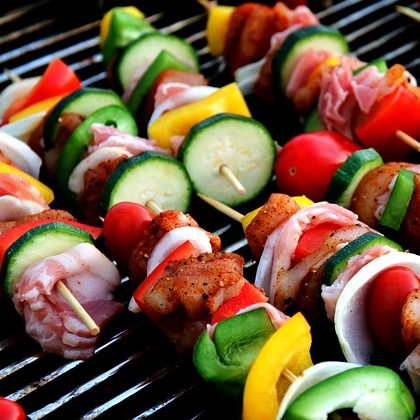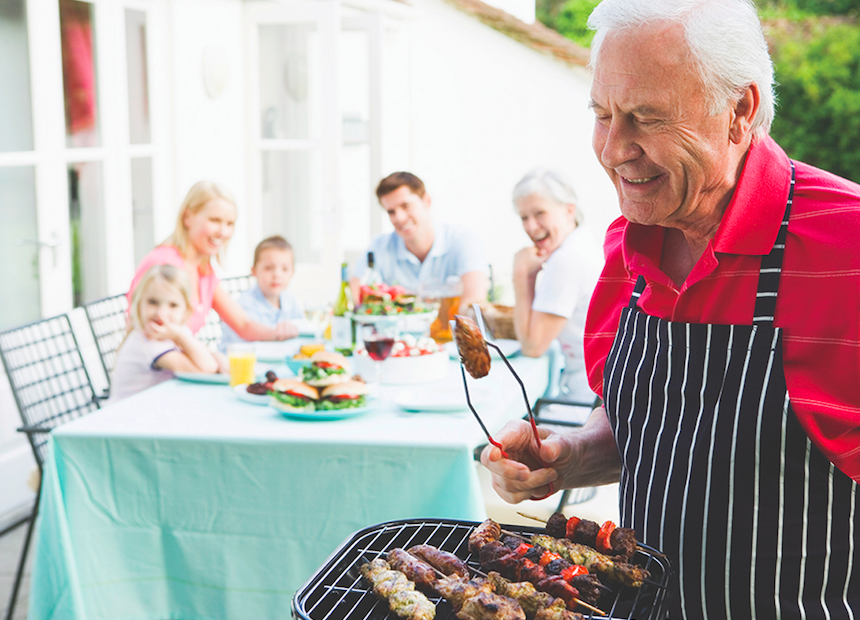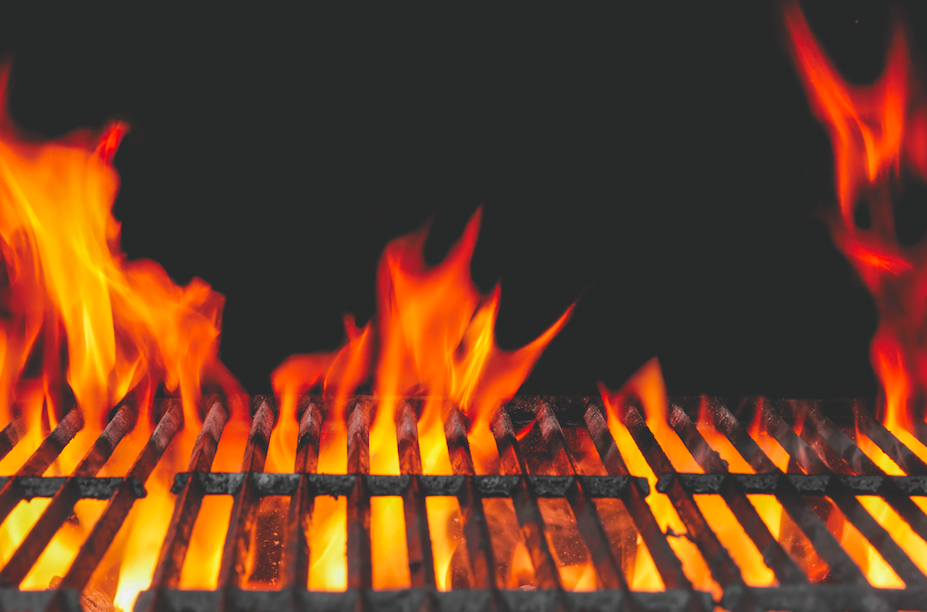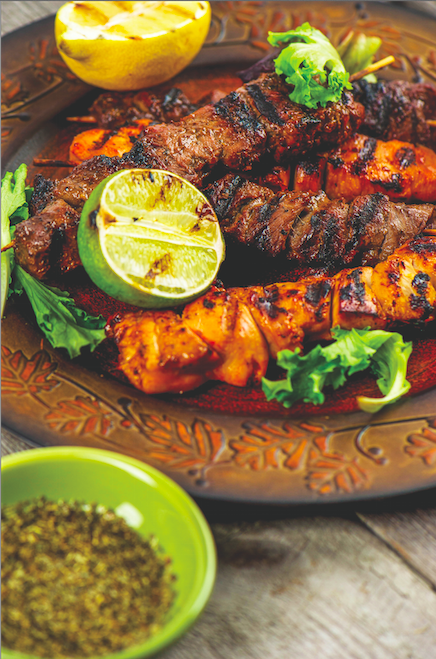Millions of people across the globe have a passion for grilling. Cooking over an open flame imparts a unique flavor to a variety of foods, and that profile can be augmented with marinades, wood chips and a host of other tweaks that help to create a delicious finished product.
Though many people grill throughout the year, this particular method of cooking is most popular in summer, when welcoming temperatures compel cooks to prepare meals outdoors. As grilling season kicks into high gear, grillmasters can embrace these strategies to ensure their grills remain clean.
Clean After Each Use
Once food is cooked, cooks’ minds immediately shift to eating. But cleaning a grill immediately after each use can make it easier to remove all the debris that can gather as foods cook. Fat, grease, melted cheese, marinades, and other substances can accumulate on the grill over time. Though grillmasters can eat before cleaning their grills, keep the fire going until after eating (vents can be slightly closed to reduce the heat somewhat), then scrape food and other debris off the grill. Grates that are still warm are easier to clean, but use heat-proof grilling gloves when cleaning warm or hot grates to reduce burn risk.
Oil The Grates Before Cooking
A light coating of oil brushed onto the grill grates prior to cooking can reduce the likelihood that food sticks to the grill while it’s being cooked. Food stuck to a grill can be difficult to remove, but the oil can reduce the likelihood that ground beef from burgers or chicken breasts will stick to the cooking surface.
Deep Clean The Grill Every So Often
Grill grates may not need a deep clean after each use, particularly when only preparing food for a handful of people. However, a deep cleaning every so often, and after heavy usage during backyard barbecues, can remove debris that can accumulate and pose a health risk over time. Follow the grill manufacturer’s instructions regarding cleaning the grill. Some might suggest traditional dish soap like Palmolive is safe to use, while others might recommend particular soaps that can protect the long-term life of the grill. Cast-iron grill grates generally should not air dry, so dry these parts off immediately after cleaning.
Use The Right Tools
Steel grill brushes are popular, but these cleaning tools can be unsafe. Steel brush bristles can break off during vigorous cleaning sessions, and they may get stuck on the grill during the cleaning process. If stuck on the grill, steel bristles can easily attach to food. The cooking experts at Epicurious note that steel brush bristles can cause throat and/or abdominal issues if consumed. Alternatives to steel bristle grill brushes are widely available, but grillmasters should know that some, including nylon brushes, should not be applied to a grill until its grates have cooled off.
Clean All Components
Grease traps, ash pans and the interior of the grill, including its sides and the inside of lids, can be periodically cleaned to reduce grease buildup and the risk of exposure to germs.
Grilling is a wildly popular summer pastime. Ensuring grills are clean prior to cooking can make foods more flavorful and decrease the risk of illness.

